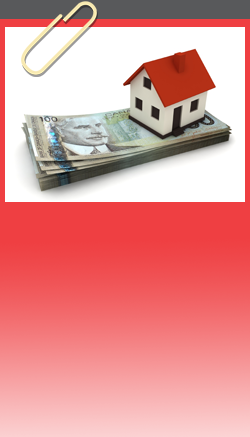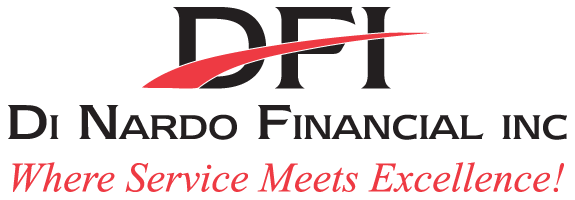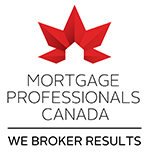Closing Costs
 Closing costs are a list of charges your lawyer presents to you on the closing date of your home. At Di Nardo Financial, we assists our clients in understanding all the costs to ensure a smooth closing.
Closing costs are a list of charges your lawyer presents to you on the closing date of your home. At Di Nardo Financial, we assists our clients in understanding all the costs to ensure a smooth closing.
According to CMHC and Genworth Financial, the closing costs range from 1.5% to 2.5% of the purchase price. The costs vary among provinces and cities. Below you will find a brief explanation of these costs. While Di Nardo Financial has idenitified most common closing costs, you may encounter other costs depending on your situation.
Cash outlays (if necessary) required from the home buyer before mortgage closes
- Home Inspection Fee. It is highly recommended that you contract a home inspection as a condition of your Offer to Purchase. A home inspector will assemble a report on the condition of the home for a fee of approximately $500, depending on the complexities of the inspection.
- Appraisal Fee. An appraisal, which is an estimate on the value of your home, is often covered by the borrower. An appraisal is performed to certify the lender of the resale value of the home in the case you default on the mortgage. The cost is approximately $250 - $350.
- Deposit. A deposit that counts towards your down payment is required when you make an Offer to Purchase. The deposit may amount to 5% of the purchase price depending on the vendor, which is the minimum down payment percentage in Canada.
Costs financed within your mortgage
Mortgage default insurance, or CMHC insurance, is not normally considered a traditional closing cost as it is added to the total mortgage you require and amortized over the life of your mortgage. We have chosen to include it here to point out the major difference between it and traditional closing costs. It does not require a cash outlay upon closing.
- Mortgage default insurance. If you purchase a house with less than a 20% down payment, you will be required to buy mortgage default insurance, commonly referred to as CMHC insurance. This protects the lender in the case the borrower, defaults on the loan.
Cash outlays (mandatory) required by the home buyer on closing
The following is a list of closing costs that are incurred by the home buyer.
- Land Transfer Tax. Calculated as a percentage of the purchase price of your home, all provinces have a Land Transfer Tax (LTT) payable on closing, with the amount varying in each province. Some cities, such as Toronto, also have a municipal LTT.
- Legal Fees and Disbursements. You can expect to incur a minimum of $1000 (plus HST) on legal fees, which account for the preparation and recording of official documents.
- Title Insurance. Today, most lenders require title insurance to protect against losses in the event of a property ownership dispute. This is purchased through your lawyer/notary and costs range from $250 - $500.
- Fire Insurance. Mortgage lenders require a certificate of fire insurance to be in place from the time you take possession of the home. The cost can vary from $250-$600 annually for most properties.
- PST on CMHC insurance. Though CMHC insurance itself is financed through the mortgage, PST on the insurance premium must be paid at the time of closing.
The following is a list of closing costs that are incurred by some home buyers as they are only applicable to certain properties
- Septic tank. If the house has a septic tank, it should also be tested to ensure it is in good working order. Once again, you can negotiate the cost with the previous owner and list it in your Offer to Purchase.
- Water Tests. If the home has a well, you will want to test the quality of the water and ensure there is an adequate supply, as well if the water is potable. You can negotiate these costs with the previous owner and list them in your Offer to Purchase.
- Estoppel Certificate Fee (does not apply in Quebec). A certificate fee may be payable if you are buying a condominium or strata unit, and could cost up to $100









